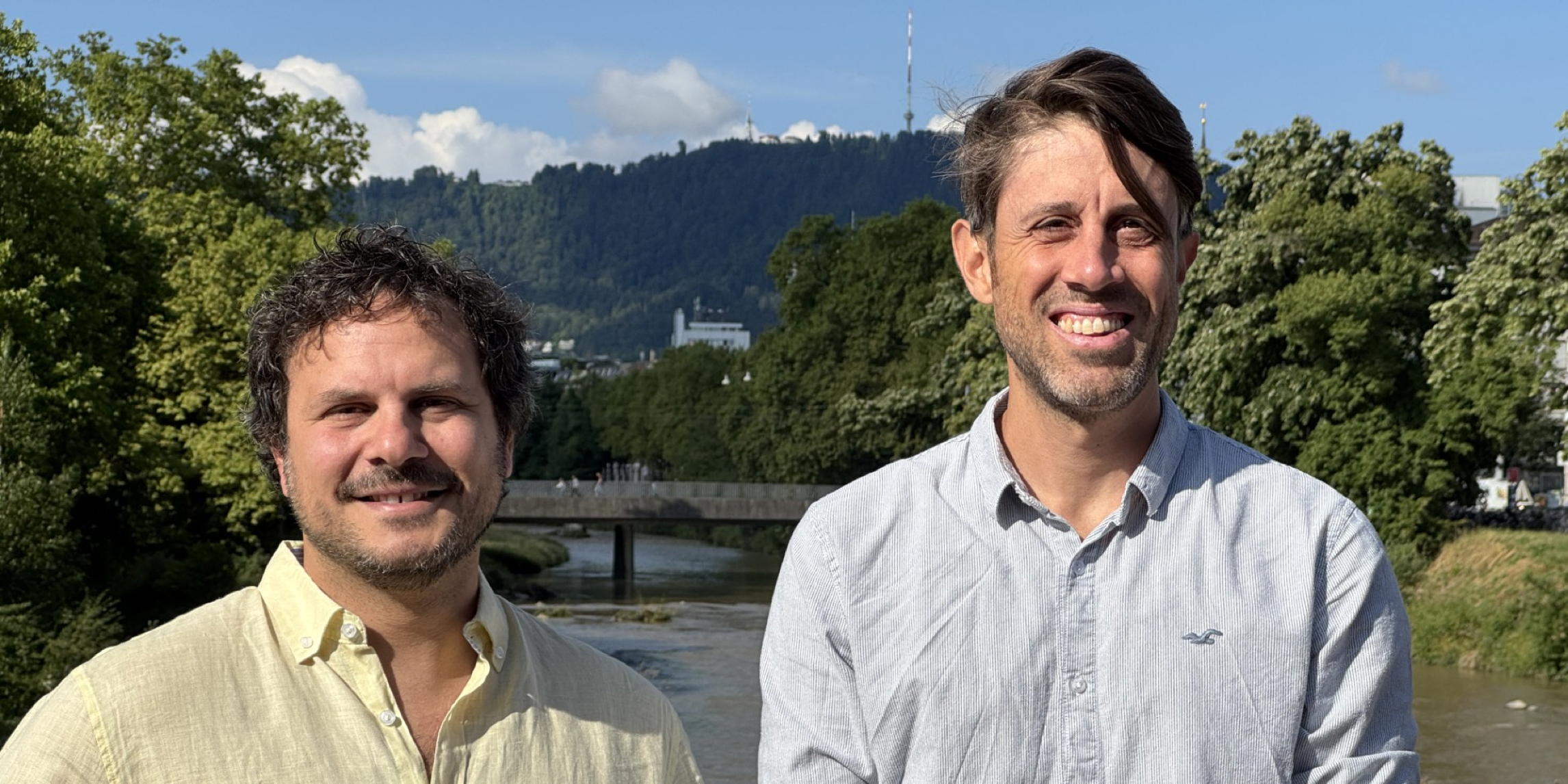ERC Proof of Concept Grant for Lucio Isa
The group of Prof. Isa receives the ERC Proof of Concept Grant for their project "Refractive Index Observer (RIO)"

Prof. Isa has received an ERC Proof of Concept Grant to develop the next generation of an optical instrument capable of measuring two-dimensional refractive index maps in liquid samples with unprecedented accuracy and versatility, the Refractive Index Observer – RIO in short. The idea of RIO is born out of the Prof. Isa’s ERC Consolidator Grant as a tool to measure chemical gradients in active matter systems. RIO is being developed in close collaboration with Dr. Federico Paratore, who was a Senior Scientist at the time and now contributes as a Guest Senior Scientist.
Microscale chemical gradients are essential in life sciences, materials science, and chemical processes, yet existing measurement methods rely on fluorophores or dyes that inherently alter system properties and provide only indirect insights. With this PoC, Pof. Isa aims to revolutionize their quantification by further developing and ultimately commercializing an add-on device for optical microscopes that enables label-free, high-resolution characterization of chemical gradients at the microscale. The technology uses Fabry-Pérot interferometry to obtain time-resolved two-dimensional (2D) refractive index (RI) maps at the microscale and convert this information into chemical gradient mapping. With a resolution of at least 2x10-5 RI units, RIO is comparable to a benchtop refractometer for bulk samples but with the spatial resolution of a typical optical microscope and a 10-millisecond time resolution.
The group has already filed a patent for the technology, and with this PoC aims at laying the groundwork for RIO’s commercialization. If successfully implemented, RIO has the potential to disrupt the way microscopy is performed on liquid samples across a wide range of disciplines, including electrochemistry, microrobotics, cell biology, and materials science.